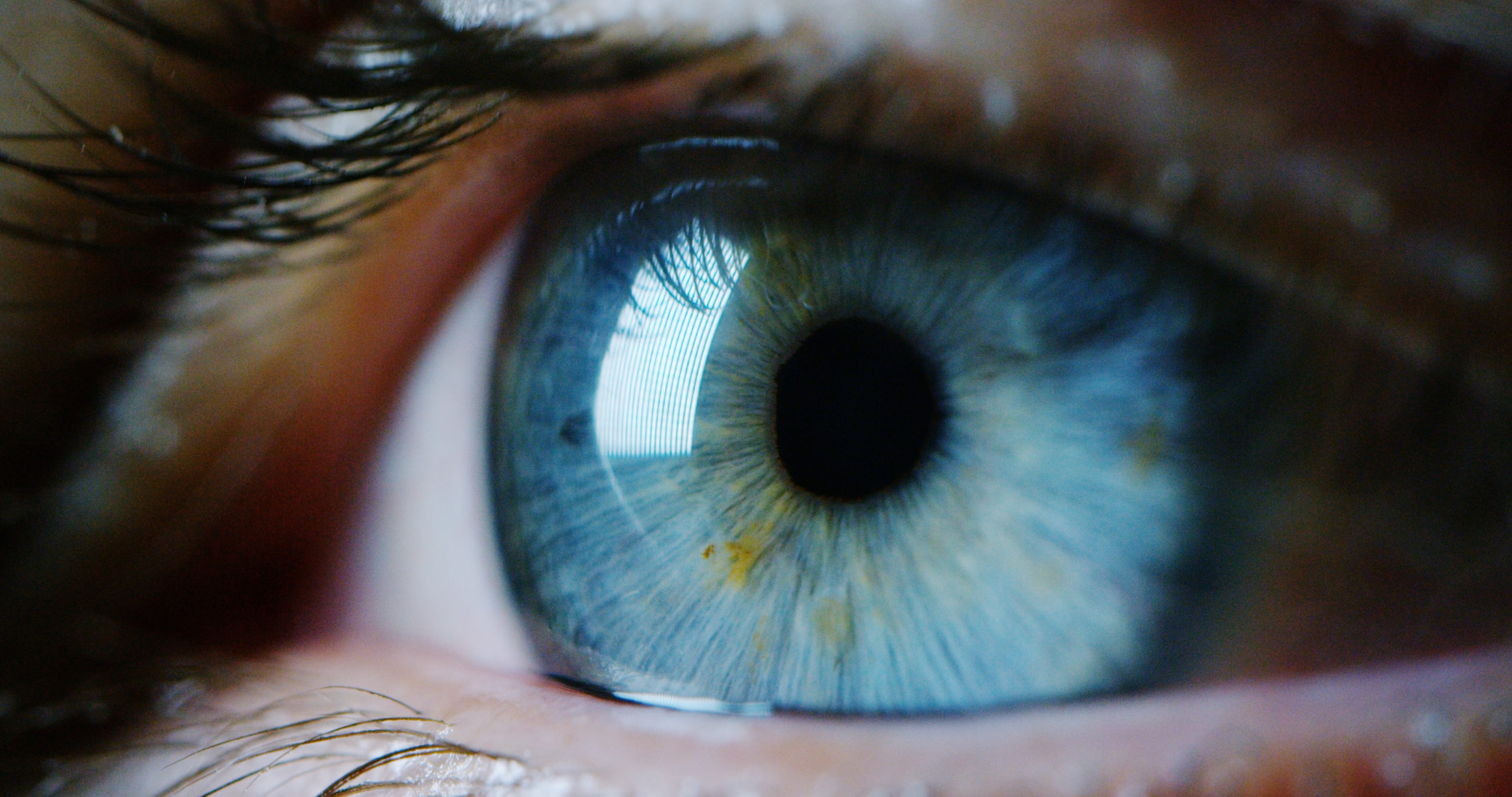
Could gum disease increase your risk of developing Alzheimer’s?
January 25th, 2019A recent study reveals the bacteria that is caused by bleeding gums is also found in the brain of patients with Alzheimer’s.
Researchers made the discovery after analysing brain tissue, saliva & spinal fluid from dead and living patients diagnosed with Alzheimer’s. Evidence presented that toxic enzymes as well as the DNA from the bacteria were found. Additionally, the bug spread from the mouth to the brain of mice in the study. Tests on the animals confirmed that the enzymes destroyed their brain neurons.
University of Louisville researcher Jan Potempa, Ph.D. the department of Oral Immunology and Infectious Diseases in the School of Dentistry was part of the team of international scientists. According to Potempa, although the infectious agents have been implicated in the development and progression of Alzheimer’s disease, more research needs to be carried out.
Dr David Reynolds, chief scientific officer at charity Alzheimer’s Research UK, states that Alzheimer’s is likely to have multiple causes, one of which may be gum disease bacteria. He adds, “Maintaining good dental health is an important part of a healthy lifestyle, and while we don’t yet fully know the extent to which it can effect our dementia risk, the presence of a single type of bacteria is unlikely to be the only cause of the condition.”
What is gum disease?
Porphyromonas gingivalis is one of the major causes of gum disease & tooth loss. Gum disease is a very common condition where the gums become sore, swollen or infected. Symptoms of gum disease include bleeding gums when brushing your teeth and developing bad breath. The early stage of gum disease is known as Gingivitis.
The best way to help to treat gum disease is to practice good oral hygiene:
- Brushing your teeth thoroughly twice a day
- Flossing your teeth regularly
- Stop smoking
- Regular visits with your dentist
- Use mouthwash
OraltidePro™ mouthwash
Oraltide-Pro is a mouthwash containing DPR (Dental Bond Peptide) and AGDP (Anti-gingival Degenerate Peptide).
This is a peptide based mouthwash. It contains two types of peptides:
- DPR (Dental Bond Peptide)
- AGDP (Anti-gingival Degenerate Peptide).
How do peptides work in the mouth?
Peptides work in a number of ways, including:
- Accelerating mouth and wound healing in areas such as the tongue and gums
- Promoting the growth of shrinking gums by increasing collagen and extracellular matrix (ECM) synthesis
- Relieving inflammation
- Reducing the growth of bacteria
- Reducing etching on the teeth
- Filling in slots of damaged enamel
- Preventing oral infections like gingivitis
How long does OralTidePro™ typically take to be effective?
- 1 week (for sensitive teeth)
- 6 times of continual use for wound healing and reduced inflammation
- 2 months of continual use for reduction of shrinking gums
Users should hold in the mouth for between 5-10 minutes, once or twice a day,
OraltidePro™ should be diluted to a mixture of 1ml mixed with 10ml plain water. Smaller amounts can also be used at a ratio of 1/10.
Take care of your dental health, if you have any concerns seek the advice of your dentist.
Oraltide-Pro Product Information: https://www.antiaging-systems.com/products/oraltide-pro-repair-gel/
Further Reading:https://www.antiaging-systems.com/products/oraltide-pro-repair-gel/
- Porphyromonas gingivalisin Alzheimer’s disease brains: Evidence for disease causation and treatment with small-molecule inhibitors; Stephen S. Dominy1,*,†, Casey Lynch1,*,
Florian Ermini1, et.al. Science Advances 23 Jan 2019: Vol. 5, no. 1, eaau3333 DOI: 10.1126/sciadv.aau3333
http://advances.sciencemag.org/content/5/1/eaau3333
2. New generation of therapeutics based on understanding of aging biology show promise for Alzheimer’s disease by Alzheimer’s Drug Discovery Foundation. : https://medicalxpress.com/news/2018-12-therapeutics-based-aging-biology-alzheimer.html








